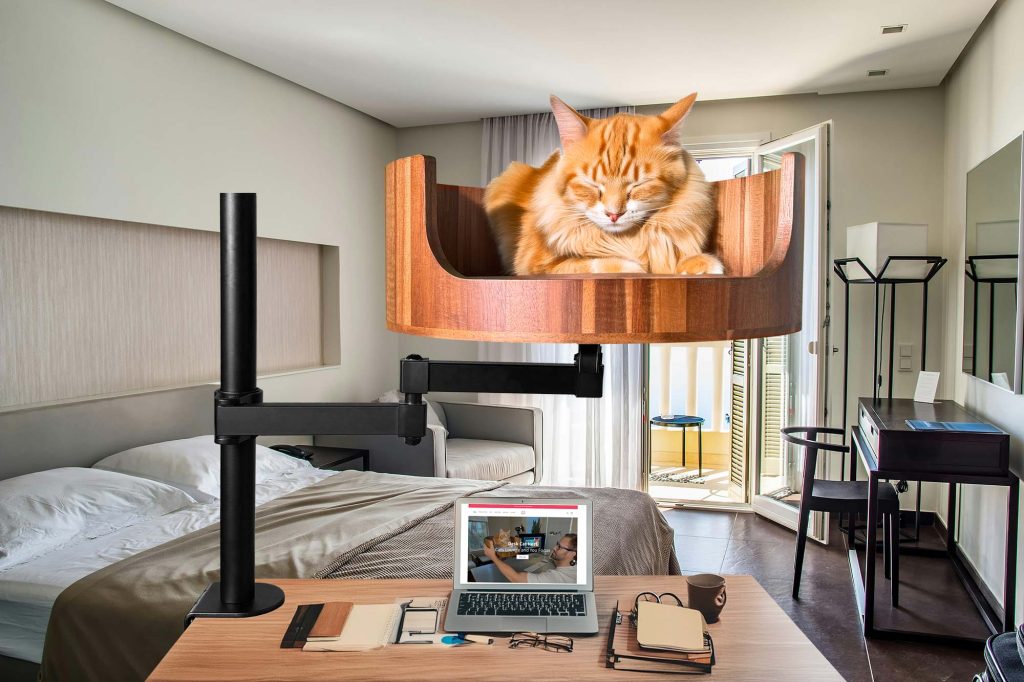As our feline friends grow older, they may begin to show signs of aging just like humans do. From changes in behavior to physical symptoms, it’s important for cat owners to be aware of these signs in order to provide their beloved pets with the best possible care as they age. In this article, we will explore the various signs of aging in cats and what to look out for as your furry companion enters their golden years.
From decreased activity levels to changes in appetite, there are a number of indicators that your cat may be experiencing the effects of aging. Additionally, physical changes such as cloudy eyes, graying fur, and joint stiffness are common in older cats. By being proactive and attentive to these signs, you can help ensure that your cat remains happy and comfortable in their senior years. Whether it’s making adjustments to their diet, providing them with extra attention and affection, or seeking medical treatment for age-related conditions, there are many ways to support your aging feline friend. Keep reading to learn more about the signs of aging in cats and how you can best care for your mature pet.
1. Changes in physical appearance such as greying fur or weight loss may indicate aging in cats.
2. Behavior changes like decreased activity or increased vocalization can be signs of aging.
3. Dental issues and changes in litter box habits may also be indicators of aging in cats.
4. Regular veterinary check-ups are crucial to catch age-related health concerns early.
5. Providing a comfortable and safe environment can help senior cats maintain their quality of life.
Physical Signs
One of the most obvious signs of aging in cats is changes in their physical appearance. As cats get older, their fur may start to thin out or become dull. They may also develop a graying coat, particularly around the face. Additionally, older cats may lose muscle mass and weight, leading to a more frail appearance. Keep an eye out for any lumps, bumps, or growths on your cat’s body, as these could be signs of aging-related health issues.
Behavioral Changes
As cats age, their behavior may change as well. They may become more lethargic or less interested in playing. Older cats may also sleep more, become more vocal, or exhibit signs of confusion or disorientation. Changes in litter box habits, such as urinating or defecating outside the box, could also be a sign of aging or an underlying health problem.
Health Issues
Older cats are more prone to developing certain health issues, such as arthritis, dental problems, kidney disease, and hyperthyroidism. Keep an eye out for symptoms such as limping, difficulty jumping or climbing stairs, bad breath, increased thirst and urination, or weight loss. Regular vet check-ups and screenings can help catch these issues early and improve your cat’s quality of life.
Dental Health
Dental health is an important aspect of aging in cats. As cats get older, they may be more prone to dental issues such as gum disease, tooth decay, and tooth loss. Signs of dental problems include bad breath, drooling, pawing at the mouth, and difficulty eating. Good dental care, including regular tooth brushing and dental cleanings, can help prevent dental issues and keep your aging cat healthy.
Frequently Asked Questions
How can Desk Cat Nest help with signs of aging in cats?
The Desk Cat Nest provides a cozy and comfortable spot for your aging cat to rest and relax. The soft cushioning and elevated design can provide relief for joint pain and arthritis, allowing your cat to easily access their resting spot without having to jump or climb.
Is the Desk Cat Nest suitable for all sizes of cats?
The Desk Cat Nest is designed to accommodate cats of all sizes, from small to large breeds. The sturdy construction and spacious design ensure that even larger cats can comfortably enjoy the nest without feeling cramped or unstable.
Can the Desk Cat Nest be easily cleaned?
Yes, the Desk Cat Nest is made with easy-to-clean materials. The soft cushion can be removed and machine washed, while the durable frame can be wiped down with a damp cloth. Keeping the nest clean is important for maintaining your cat’s health and comfort.
Will my cat adjust to using the Desk Cat Nest?
Most cats quickly adapt to the Desk Cat Nest, especially if they are experiencing signs of aging that make jumping or climbing difficult. Placing some of your cat’s favorite toys or treats in the nest can encourage them to explore and use it as their new resting spot.
Is the Desk Cat Nest durable and long-lasting?
Yes, the Desk Cat Nest is constructed with high-quality materials that are designed to withstand daily use. The sturdy frame and soft cushioning are built to last, providing your aging cat with a comfortable and reliable spot to rest for years to come.
In conclusion, the Desk Cat Bed is a valuable choice for addressing signs of aging in cats. Its orthopedic memory foam provides optimal support for achy joints and muscles, while the raised sides offer a cozy place for cats to rest and feel secure. Additionally, the removable and machine washable cover makes it easy to keep clean and hygienic, which is important for aging cats with potentially weakened immune systems. Overall, the Desk Cat Bed is a practical and comfortable solution to help alleviate the symptoms of aging in our feline companions.


